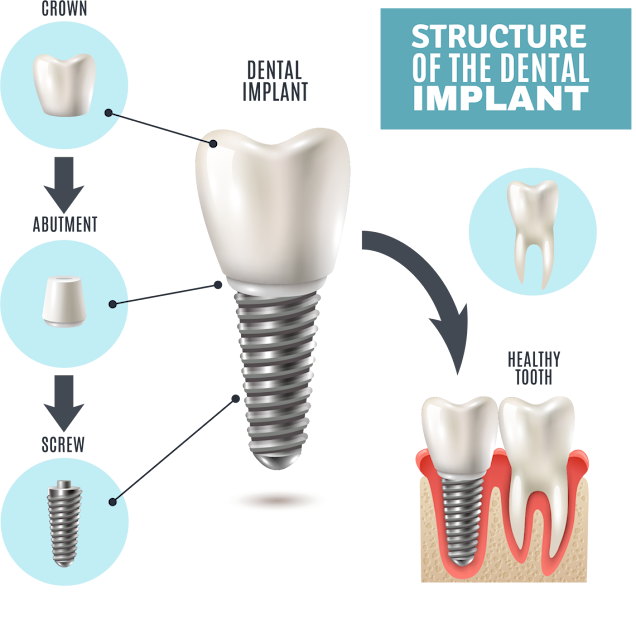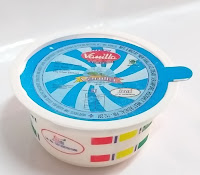My mother 54 years old is having toothache and so she took sporidex af 750 that the dentist prescribed one year back. Astonishingly she got skin rashes after one hour from consumption which previously didn't happen. But I couldn't understand why this happened?
The antibiotic course shouldn't be taken on its own. Because there is a complete course time duration for antibiotics. Starting the antibiotics and not completing the course can make you antibiotic-resistant.
Meaning these first-line antibiotics will not work in case you require them in the future for any illness and then higher antibiotics will be given.
So first stop taking medication randomly.
You can always come to Online Platforms like Lybrate, 1mg, and others and ask.
Whenever pain take a pain killer, not antibiotics.
Regarding the allergic reaction, have you checked the expiry date of the medicine, or maybe the medicine was manipulated, did you buy from the recognized pharmacy, or over the period of one year her immune system went low.
Now that you know this medication has done the allergic reaction, keep noting it and always tell your physician or dental surgeon beforehand.
Anyways regarding toothache
when medicine does not work and cannot control the tooth pain, then it is high time that you visit the dentist.
Firstly, the dentist will find out the tooth.
Secondly, the dentist will take the x-ray.
If the pain is due to caries, then there is a high chance that caries has reached the nerve and is giving pain due to infection.
So the dentist will in that case open the tooth and open the tooth door and then pressure inside the tooth will be released out and as soon as the pressure due to pus is released the pain will subside.
But for all this, you need to visit the dentist. Then in subsequent follow up will try to save the tooth via RCT.
Third, if the tooth cannot be saved via rct then removal of the tooth, not on the same day though.
If it is not due to teeth and entirely pain arising out of gums then the dentist will do scaling, curettage, root planing, and give you gels to apply. But for anything you have to visit the dentist.
Right diagnosis is the key.
Meanwhile, you can take
tab ketorolac dt - 2 tablets in half glass of water.
Or tab Ultracet one whenever you have pain.
But taking medication is subject to kidney, and liver diseases, whenever above or any allergy.
Stop if you have any of the whenever above and take crocin one tablet whenever pain.









rrr.jpg)
_page-0001dd.jpg)











.jpg)






